New Scientist covers the latest developments in science and technology that will impact your world. New Scientist employs and commissions the best writers in their fields from all over the world. Our editorial team provide cutting-edge news, award-winning features and reports, written in concise and clear language that puts discoveries and advances in the context of everyday life today and in the future.
Elsewhere on New Scientist
Automated reasoning • Mathematical AIs show machine intelligence may emerge from unexpected pursuits
New Scientist International Edition
North America’s stunning eclipse
Multiplying the multiverse • A new way of interpreting the elusive mathematics of quantum mechanics could fundamentally change our understanding of reality, finds Karmela Padavic-Callaghan
A quantum point of view
Analysis Bird flu • Is another pandemic on the way? The first case of H5N1 bird flu passing from cows to humans should spark expert investigation, but not general panic, says Grace Wade
A simple way to fix stereotyped AI images
Cosmic expansion mystery solved? • The rate at which the universe is expanding has been one of the most controversial numbers in cosmology for years, but we may finally have a resolution, finds Leah Crane
Left-handed monkeys prompt an evolutionary rethink
Phone batteries could last longer with more 5G masts
Is there a better way to screen for prostate cancer? • Inaccurate blood test results can lead to unnecessary treatment, but new proposals could address this, says Clare Wilson
Suppressing wildfires is harming giant sequoia trees
Green sand could help shallow seas absorb more carbon dioxide
Satellite licence plates could help avoid collisions
Quantum tech gets more reliable • Microsoft and Quantinuum may have created the most dependable device yet
Gravitational ‘tidal storm’ makes planet glow red hot
Field notes One Tree Island, Australia • Great Barrier Reef pushed to the brink Even remote areas previously shielded from mass bleaching are now being overwhelmed by extreme temperatures, finds James Woodford
Newborn babies recognise nursery rhymes they heard in the uterus
Rock networks may have boosted vital chemistry for life
Green tech mining threatens great apes
How we feel the music inside us
Snakes show signs of self-recognition with sniff test
Really brief
We are what we eat • Nutrition must be as essential as maths or science at US educational institutions to solve the country’s obesity crisis, says Aman Majmudar
No planet B • A rich man’s world Inequality is a major obstacle to sustainability. We can’t get to net zero without tackling it – and talking about redistribution, says Graham Lawton
Daily beauty
Your letters
A healthy balancing act • It is tough turning neuroimmunology into a gripping read, but this excellent book makes for a delightful and authoritative overview, says Grace Wade
Apocalypse, forever • From the Book of Revelation to extinction fiction, we can’t get enough of end times. Bethan Ackerley enjoys a rich guide
New Scientist recommends
The sci-fi column • Double helpings The prolific Adrian Tchaikovsky has two terrific offerings out this year. One is the story of a scientist turned prisoner shipped to a faraway planet, the other is a light-hearted tale of robotic murder, says Emily H. Wilson
Proof of intelligence? • AIs that tackle maths’ hardest problems may herald human-level reasoning. Can they pave the way to artificial general intelligence, asks Alex Wilkins
A stealth health crisis • One in three adults has a potentially dangerous fatty liver. Can more awareness avert a future epidemic, asks...
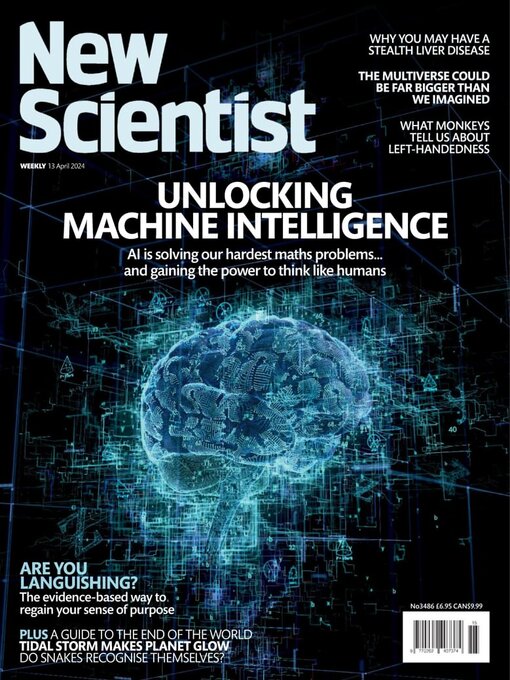
 Jan 18 2025
Jan 18 2025
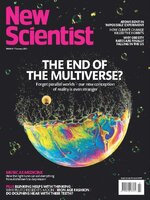 Jan 11 2025
Jan 11 2025
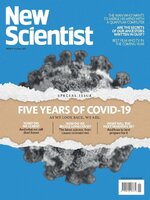 Jan 04 2025
Jan 04 2025
 Dec 28 2024
Dec 28 2024
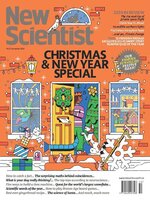 Dec 14 2024
Dec 14 2024
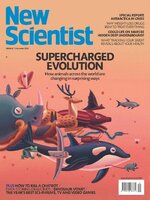 Dec 07 2024
Dec 07 2024
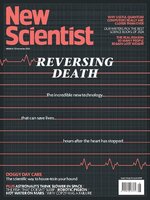 Nov 30 2024
Nov 30 2024
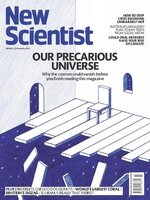 Nov 23 2024
Nov 23 2024
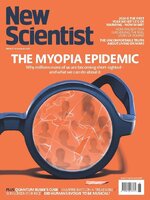 Nov 16 2024
Nov 16 2024
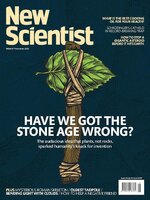 Nov 09 2024
Nov 09 2024
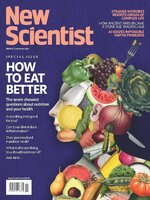 Nov 02 2024
Nov 02 2024
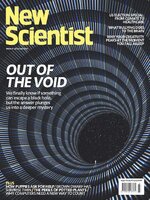 Oct 26 2024
Oct 26 2024
 Oct 19 2024
Oct 19 2024
 Oct 12 2024
Oct 12 2024
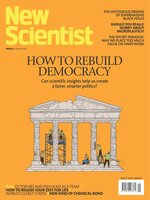 Oct 05 2024
Oct 05 2024
 Sep 28 2024
Sep 28 2024
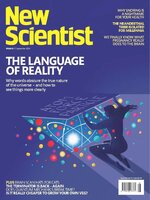 Sep 21 2024
Sep 21 2024
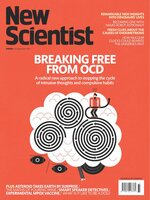 Sep 14 2024
Sep 14 2024
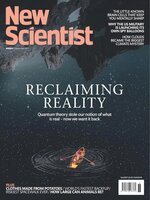 Sep 07 2024
Sep 07 2024
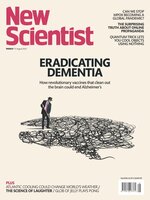 Aug 31 2024
Aug 31 2024
 Aug 24 2024
Aug 24 2024
 Aug 17 2024
Aug 17 2024
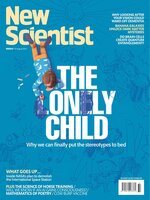 Aug 10 2024
Aug 10 2024
 Aug 03 2024
Aug 03 2024
